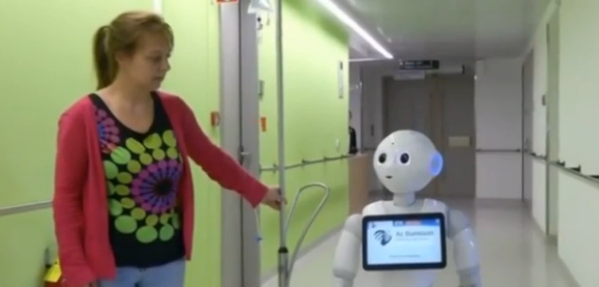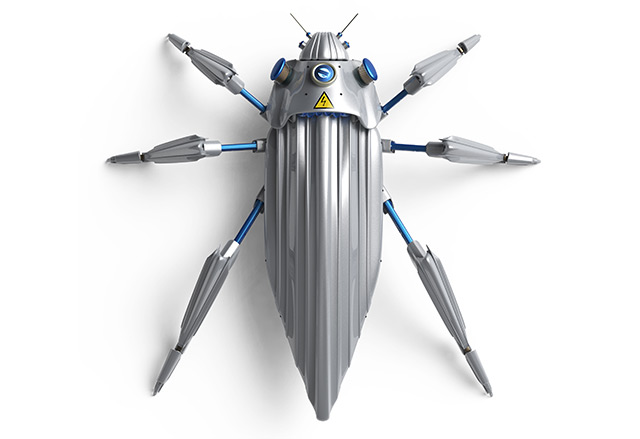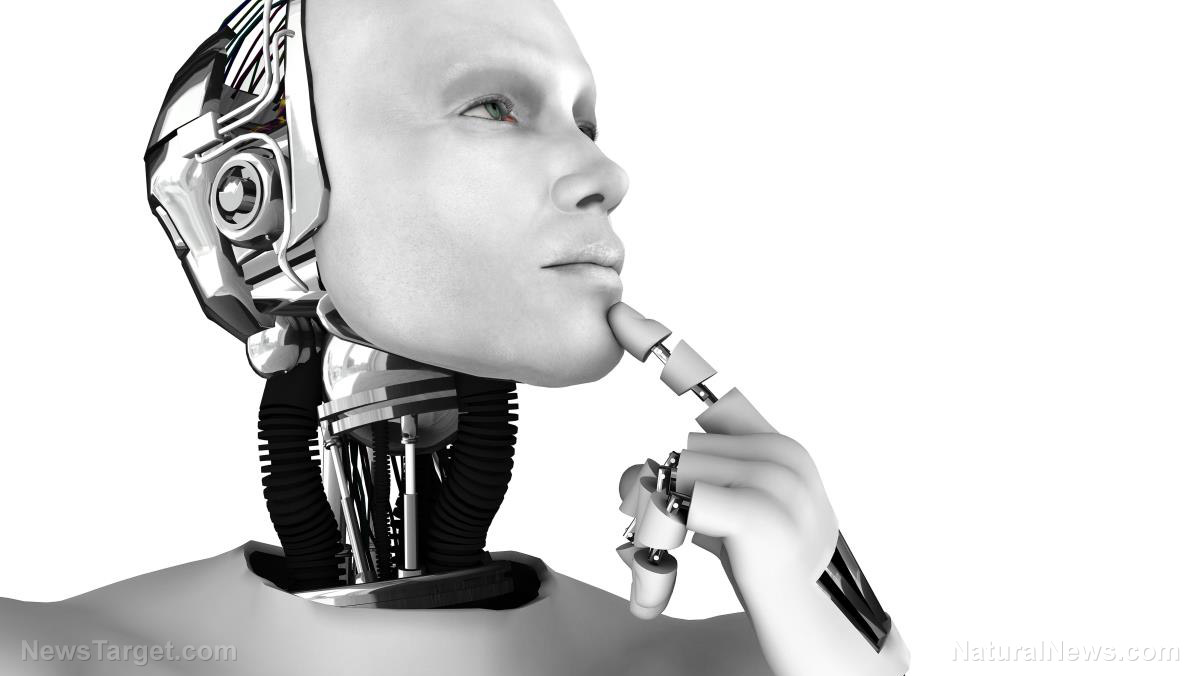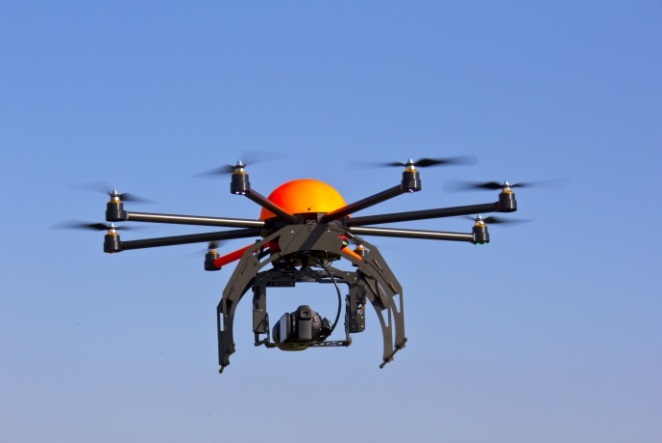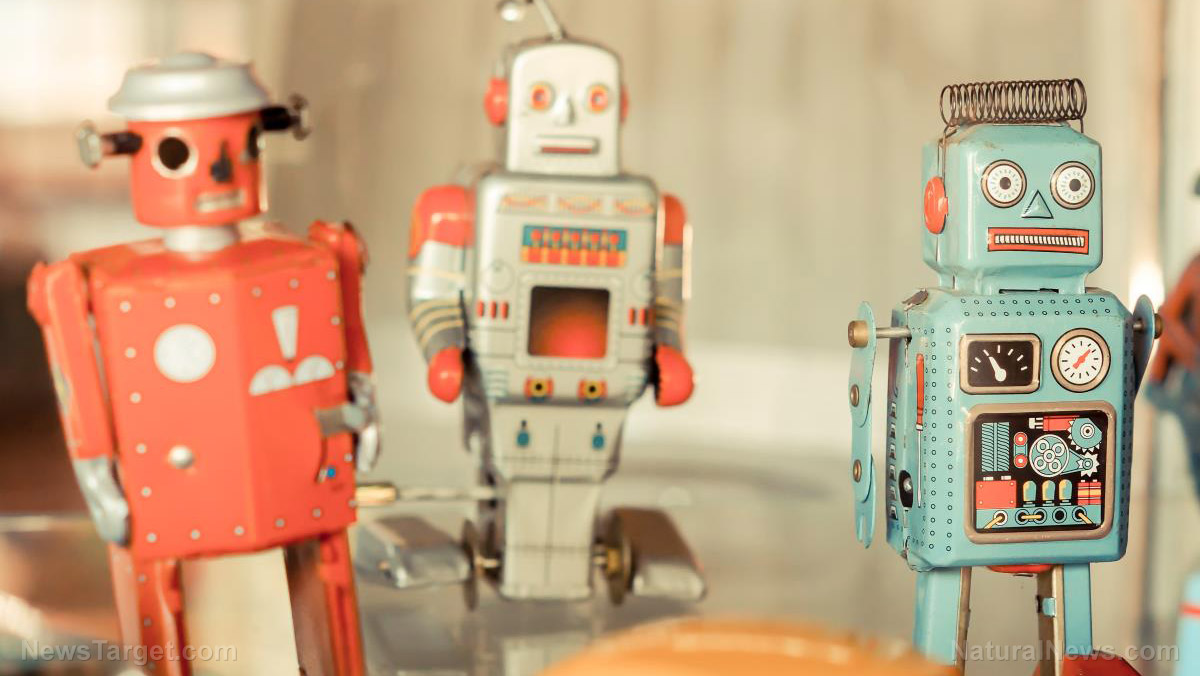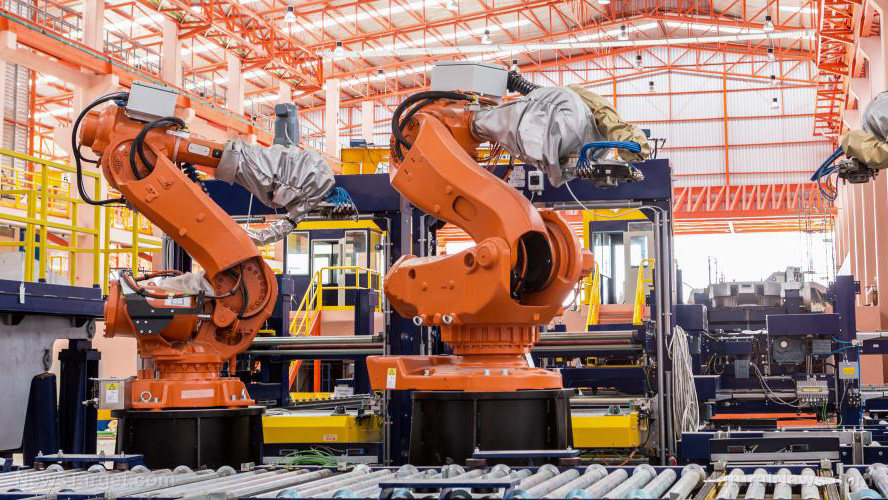The University of California, San Diego, has just launched a robotics institute that intends to create machines capable of interpreting body language, from facial expressions to posture, in order to discern what people are thinking and feeling.
The “see, think, do” technology is intended to anticipate and fulfill the daily needs of people, especially the elderly. Most Americans want to live in the comfort of their own homes as they age; the technology developed at the institute could help them fulfill this desire.
The Contextual Robotics Institute debuted October 30, as some of the world’s top scientists flocked to San Diego for an open discussion on the future of robotics. The institute has already been backed up by companies like Qualcomm, which currently needs new outlets for its computer chips, and Northrop Qualcomm, which designs unmanned aerial vehicles.
Robots of the future
“Our plan is to do the research and development that’s needed to realize robots of the future — robots that are safe, useful and autonomous in any environment,” Albert Pisano, Dean of UC San Diego’s Jacobs School of Engineering, told sources.
“That means pulling together our engineers and our social scientists to focus on both the robots themselves and how people will interact with them,” he added.
The age of robotics seems to have no limits. Google is developing self-driving cars, biomedical engineers have developed a sensual prosthetic skin, Japan has debuted the world’s first laundry folding robot, and if we are to believe the folks at the singularity, researchers will soon be able to upload consciousness onto a laptop.
“The field of robotics is changing how people live, work and age,” said UC San Diego Chancellor Pradeep Khosla, a renowned roboticist who helped create the institute.
More than 40 of the school’s researchers have volunteered to work on projects aimed at developing software and hardware that can recognize and respond to the surrounding environment.
Some projects are already underway. A group of UC San Diego researchers are currently developing software that can monitor the health of senior citizens and disabled people, while some are designing software that can determine how a person is feeling. The goal is to help senior citizens live their remaining years wherever they want to live.
The software has burgeoned alongside the development of wireless sensors that keep track of whether a person is moving normally, taking medication or making it to the bathroom. Some of the sensors can be sported, whereas others can be implanted into household items, like furniture or televisions.
Scientists say it may be possible to combine these sensors with software that can notify family members and doctors about how the person is doing through text message and e-mail.
“The thought of going to an assisted living facility or a nursing home is scary for most people,” Khosla said. “People want to live in their homes as they age. And this is where sensors, software, and robotics technology can be most impactful. They enable smarter caregiving and more independence.”
Independence or an invasion of privacy?
Nevertheless, this sort of technology provokes all sorts of privacy issues. Robotics has a history of developing technologies that have been abused in order to spy on people.
“The biggest concern I see is privacy. How do you protect data that is collected in a person’s home and sent to a service provider?” Yawen Li, a health sociologist at the San Diego State University, told sources.
“People are getting used to adopting technology, especially baby boomers. They use technology much more than previous generations. I think that, over time, people will accept things like sensors in their home if they make life more convenient and efficient — but only if privacy concerns are addressed.”
Source:
SanDiegoUnionTribune.com









